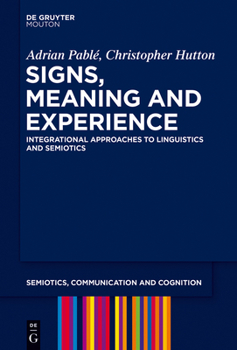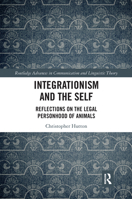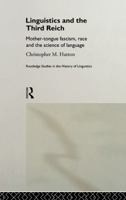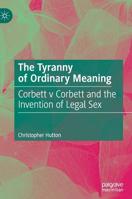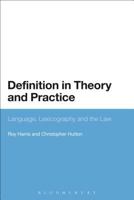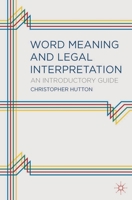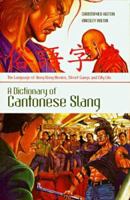Signs, Meaning and Experience: Integrational Approaches to Linguistics and Semiotics
Select Format
Select Condition 
Based on Your Recent Browsing
Book Overview
Integrationism offers a radically contextual approach to the sign and represents a direct challenge to academic linguistics. This book sets out for the general reader its key claims and insights and explores criticisms offered of its approach, as well as the paradoxes that arise from its attack on the notion of linguistic expertise. For the first time integrationism is subjected to an extended contrastive analysis with semiotics.
Format:Hardcover
Language:English
ISBN:150151069X
ISBN13:9781501510694
Release Date:April 2015
Publisher:de Gruyter Mouton
Length:197 Pages
Weight:0.90 lbs.
Dimensions:0.7" x 6.2" x 9.1"
Grade Range:Postsecondary
More by Christopher M. Hutton
Customer Reviews
5 customer ratings | 5 reviews
There are currently no reviews. Be the first to review this work.










